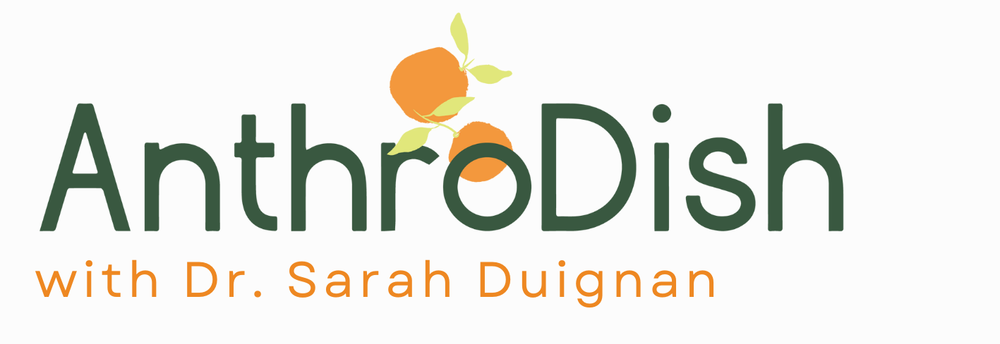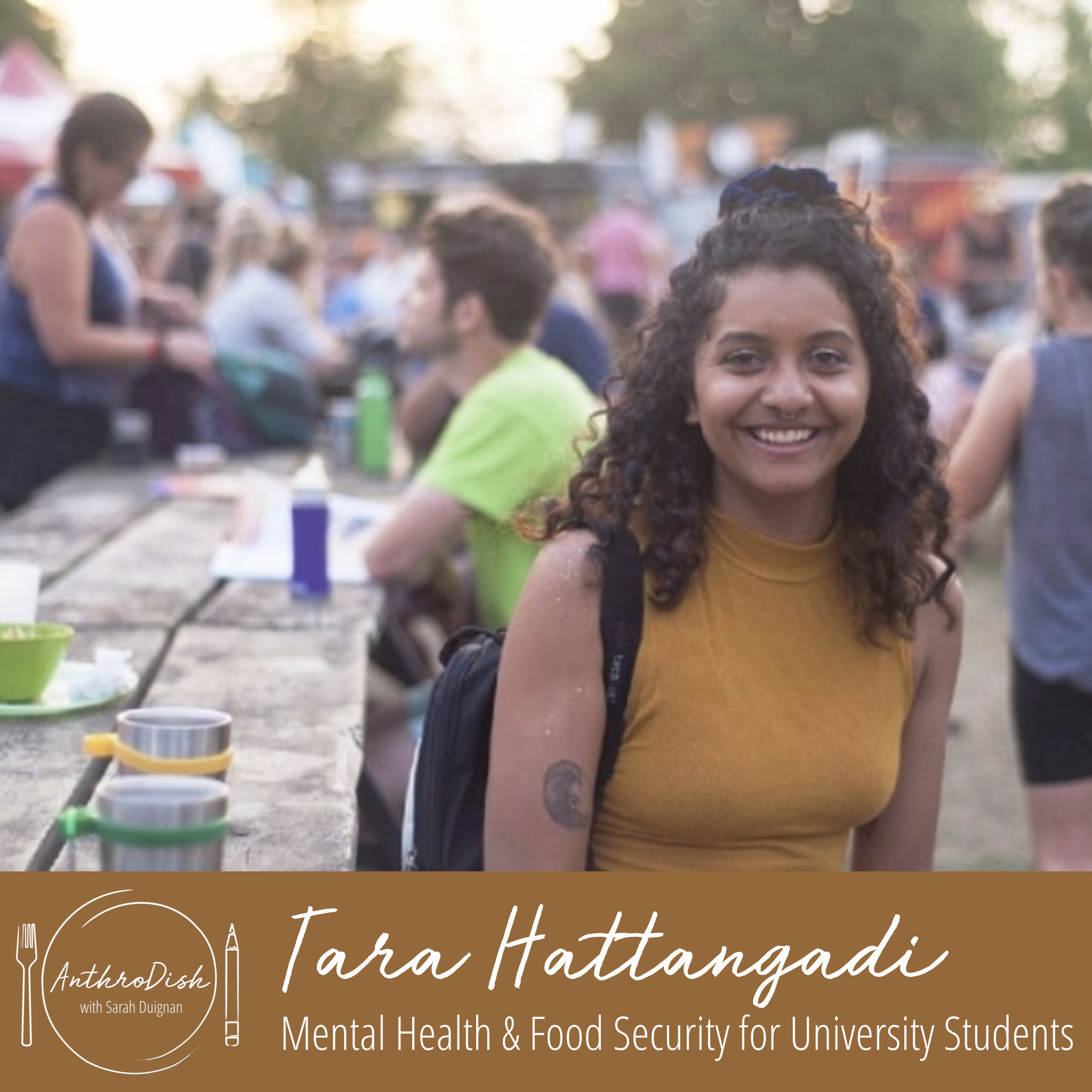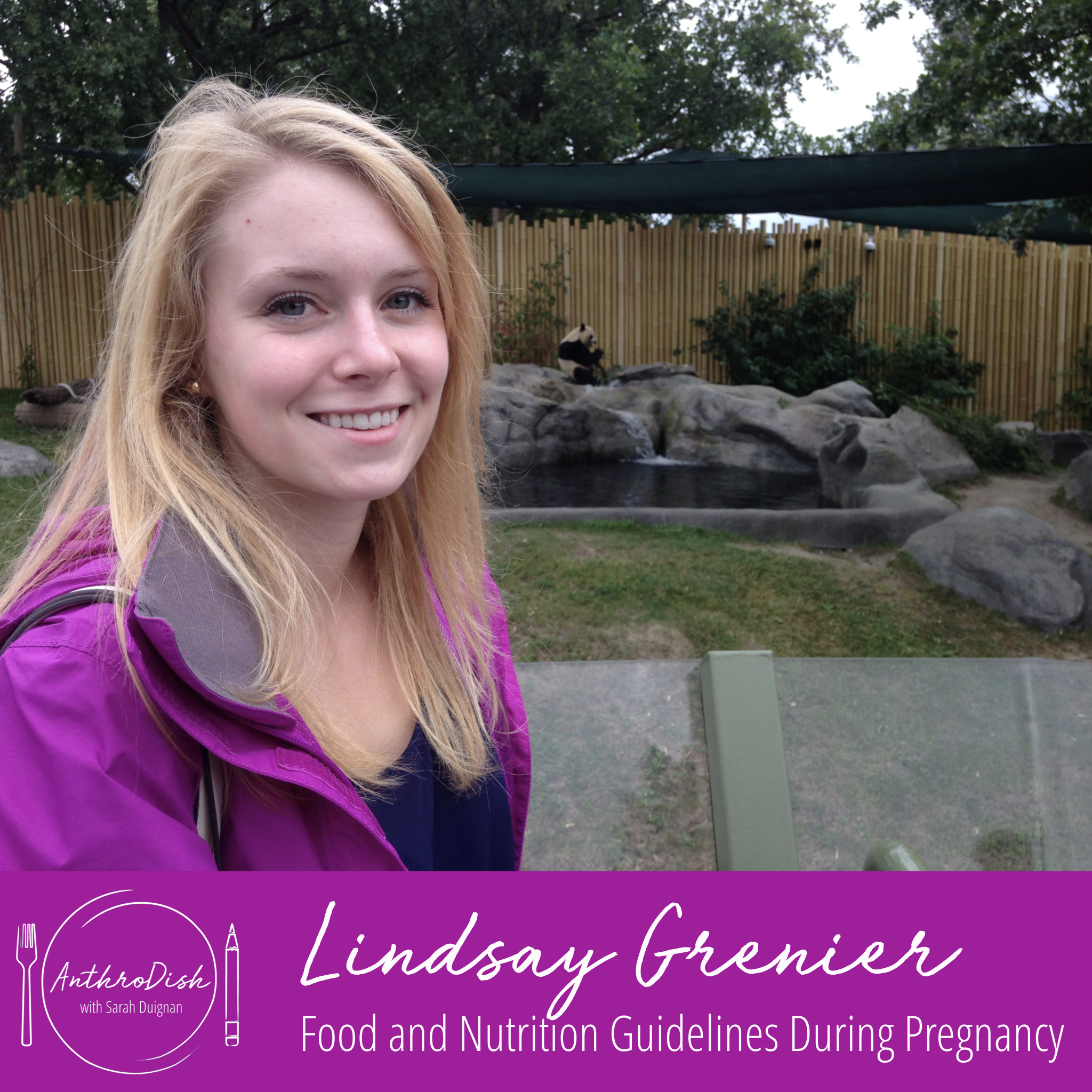For many, the years spent at university can be a challenging time due to academic stressors as well as personal and emotional difficulties. During this important and liminal period, food security is crucial for health and psychological wellness, as well as academic performance and success. This week’s guest, Tara Hattangadi, is a recently defended Masters student who’s work explores the impact of food insecurity on mental health and wellness of university students.
Tara’s research sheds light on the importance of food security and demands that sufficient support during this key period be made widely available to all students – which includes university wide programs to facilitate equitable access to healthy foods.
In this episode, we talk about her masters research and the exploratory route she took to engage in this very massive, under-researched problem of food insecurity amongst university students in Canada. She outlines what food insecurity looks like for students and why it’s important that we look at university students as an at-risk group. Poor diet has both short and long-term implications on mental health, student success, and social wellbeing, and Tara seeks to highlight how to improve access for students struggling to find healthy and affordable food. Tara’s passion for food systems and food security both in and out of the classroom has grown since the inception of her research, and she is determined to continue the dialogue about how to improve access to affordable and healthy food for university students across Canada.
Listen to the episode in the player above, or download on Spotify, iTunes, Stitcher, or Google Play! (And if you LOVE listening, please subscribe, rate, and review!)
Resources:
An article, published in CBC News early this year, about food insecurity among students at the University of Saskatchewan: https://www.cbc.ca/news/canada/saskatoon/40-of-u-of-s-students-face-issues-around-food-insecurity-study-shows-1.4470573
Another really great read, published in Medium, about student food insecurity: https://medium.com/@saragoldrickrab/whos-hungry-making-sense-of-campus-food-insecurity-estimates-4b65cd1ecf2c
Social:
Instagram: @tahrannosaurus or @sustainabindi








